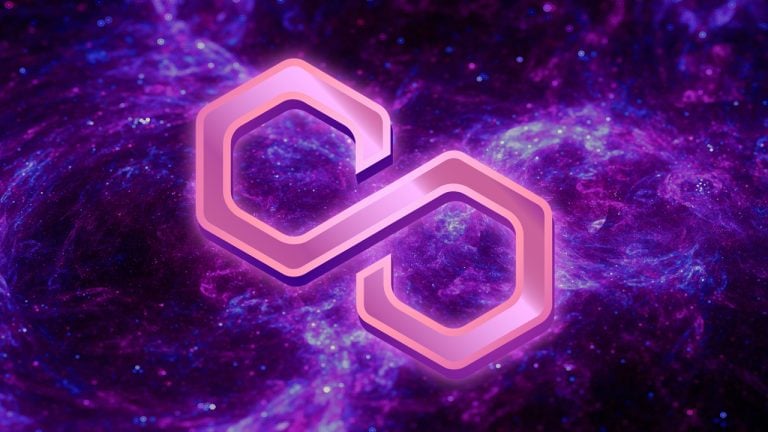Polygon Announces Upcoming Hard Fork to Address Gas Spikes and Chain Reorganizations
Publikováno: 15.1.2023
 The Ethereum scaling blockchain, Polygon, has revealed plans to initiate a hard fork on Jan. 17, 2023. According to the team, the network upgrade will “reduce the severity of gas spikes” and “address chain reorganizations (reorgs) in an effort to reduce time to finality.” Polygon Team Outlines Network Upgrades to Improve User Experience On Jan. […]
The Ethereum scaling blockchain, Polygon, has revealed plans to initiate a hard fork on Jan. 17, 2023. According to the team, the network upgrade will “reduce the severity of gas spikes” and “address chain reorganizations (reorgs) in an effort to reduce time to finality.” Polygon Team Outlines Network Upgrades to Improve User Experience On Jan. […]

The Ethereum scaling blockchain, Polygon, has revealed plans to initiate a hard fork on Jan. 17, 2023. According to the team, the network upgrade will “reduce the severity of gas spikes” and “address chain reorganizations (reorgs) in an effort to reduce time to finality.”
Polygon Team Outlines Network Upgrades to Improve User Experience
On Jan. 12, 2023, the Polygon team told the community to “get ready for the hard fork” as developers have plans to upgrade the chain on Jan. 17, 2023. “The proposed hard fork for the Polygon PoS chain will make key upgrades to the network on Jan. 17,” the team tweeted. “This is good news for developers and users and will make for better user experience (UX). You will not need to do anything differently,” the developers insisted. Polygon (MATIC) developers have been discussing the upgrade since Dec. 2022.
The V0.3.1 Hard Fork aims to reduce gas spikes and address blockchain reorganizations (reorgs). A reorg is an occurrence in which a new chain’s branch emerges and supersedes the previously accepted blockchain branch. Reorganizations can cause previously confirmed transactions to be invalidated and replaced with new ones. In order to alleviate the reorg problem, Polygon plans to decrease the network’s sprint length from 64 to 16 blocks. “Doing so will decrease the depth of reorgs,” Polygon developers declare.
In order to reduce gas spikes, Polygon aims to change the “basefeechangedenominator” from the current value of 8 to 16. “This will help smooth out the increase/decrease rate in basefee for when the gas exceeds or falls below the target gas limits in a block,” according to the Polygon team’s blog post about the subject.
Polygon’s native token, MATIC, has recently entered the top ten standings in terms of crypto assets ranked by market capitalization. MATIC is up 23.4% over the last week against the U.S. dollar. However, Polygon’s current $0.987 per unit value is down 66.2% since the digital asset’s all-time high of $2.92 per unit on Dec. 27, 2021.
What do you think about the proposed upgrade to the Polygon network? Will these changes improve your overall experience as a user or developer on the platform? Let us know your thoughts in the comments section below.